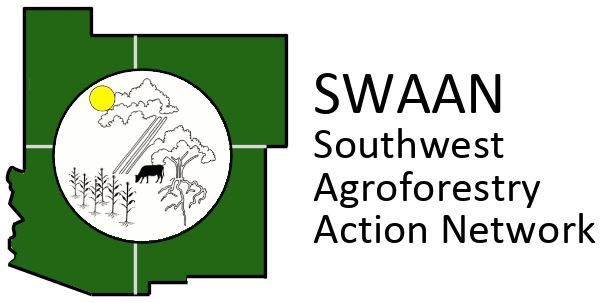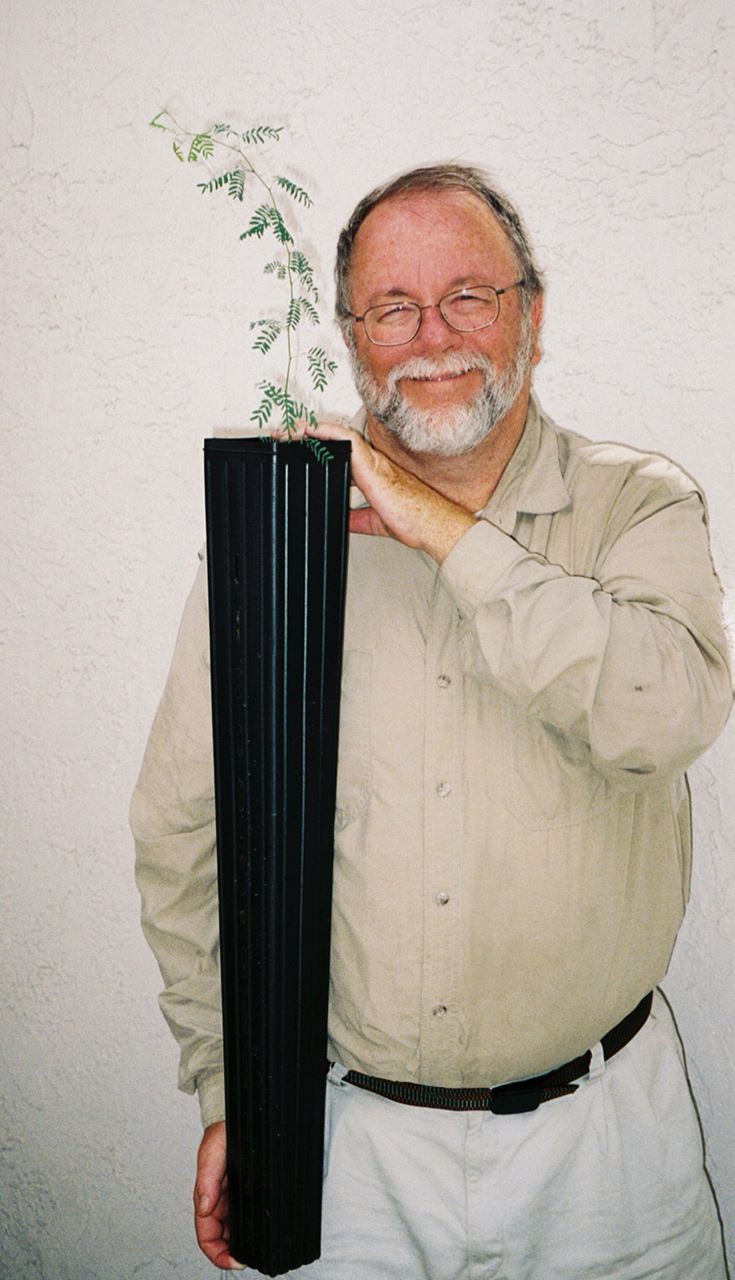
SOUTHWEST AGROFORESTRY ACTION NETWORK
in partnership with the Arizona Community Tree Council
presents online/via Zoom
Mesquite, a Multipurpose Tree Crop for Agroforestry in the SW
January 12, 9:00am MST (AZ)
9:00 – 10:00 (60 minutes)
In case you did not click on the link in your meeting confirmation email, here it is:
https://zoom.us/meeting/register/tJUrc-GgqzwpHd2XUq60_V8yj9GPp5bcsouP
After entering your name and email at the link above, you will receive a confirmation email containing information about joining the meeting. This two step process allows us to track attendance for CEUs and CFEs.
Presented by David Bainbridge
Applying for Approved CEUs and CFEs:
- 1.0 CEU with ISA
- 1.0 CFE with SAF (Category 1)
- 1.0 CEU with ASA
To make sure your account receives the credit, please register your certification using the link below.
Continuing Education Credit Form
You will be asked to verify your attendance during the presentation.
Presentation Description:
Mesquite is a valuable multi-purpose tree crop well suited for agroforestry in the American Southwest. The pods are edible and useful for fodder. Mesquite was a critical food for native people. The flowers are favored by bees. The hardwood is suitable for many purposes and makes excellent charcoal. Mesquite is a self-fertilizing tree and fixation rates can be high, associated with very deep roots. Roots have been found 46 m deep - a good case for carbon sequestration. Trees are long-lived and can grow to considerable size. Growth can be rapid with water availability. Mesquite can survive remarkable levels of drought stress and resume growing when it rains. Mesquite trees are also tolerant of fire and resprout readily in agroforestry settings.
Presenter:

David Bainbridge grew up in the West. He started research and consulting in dryland restoration in 1981 on the family ranch in Colorado and continued this work at UC Riverside, San Diego State and Alliant International University until retiring in 2010. His special focus was on agroforestry and understanding the impacts of disturbance on root development, site remediation and super-efficient irrigation for remote sites. Author of A Guide to Desert and Dryland Restoration (2007), dozens of papers on dryland and desert restoration- see http://bepress.com/david_a_bainbridge/ and Gardening with Less Water (2015). In 2020 his two volume environmental history of the fur trade in the West was published, more info at www.furwar.com.
Following the presentation will be a 15 minutes of Q&A with the presenters and a program wrap-up.
All participants are invited to attend the 30 minute SWAAN Business Meeting led by Jim Allen, Chair that will begin at the close of the education program.
